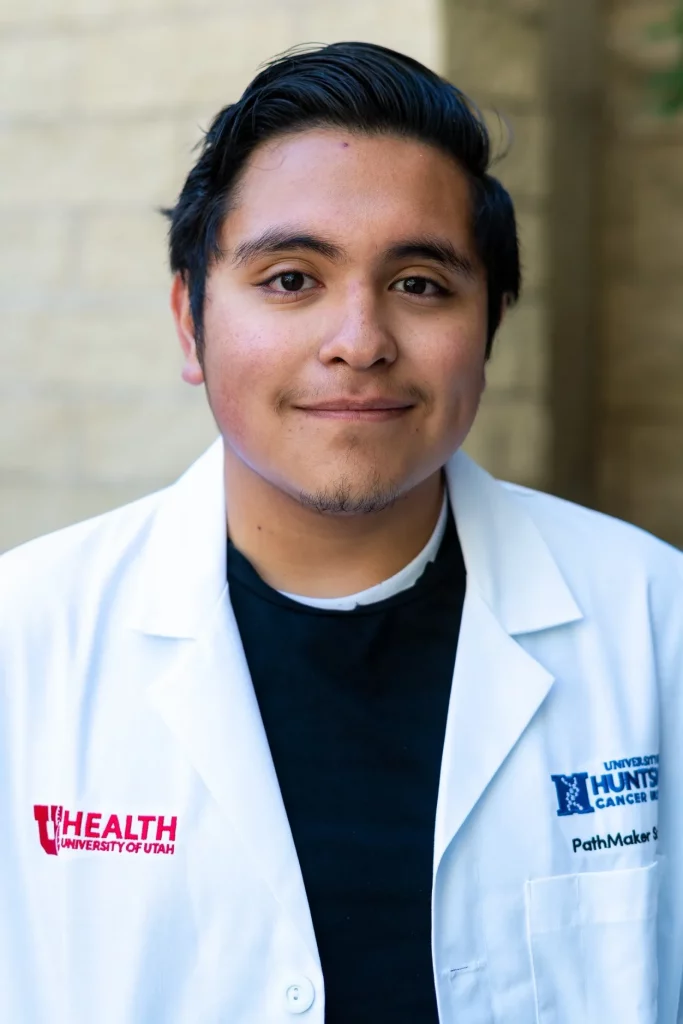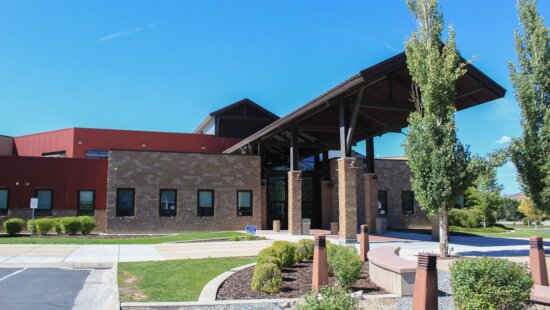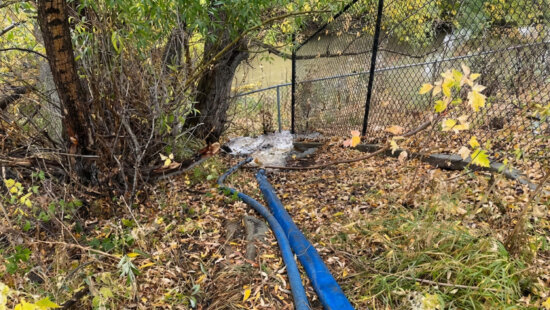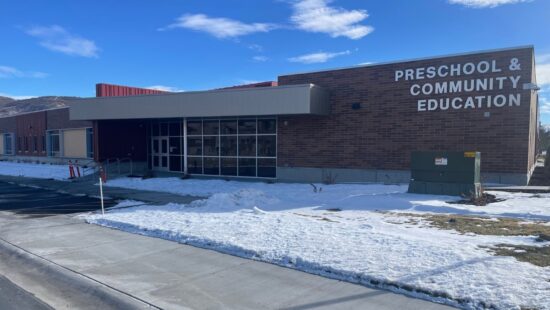Education
PCHS/PCEF providing Bright Futures for first generation University students
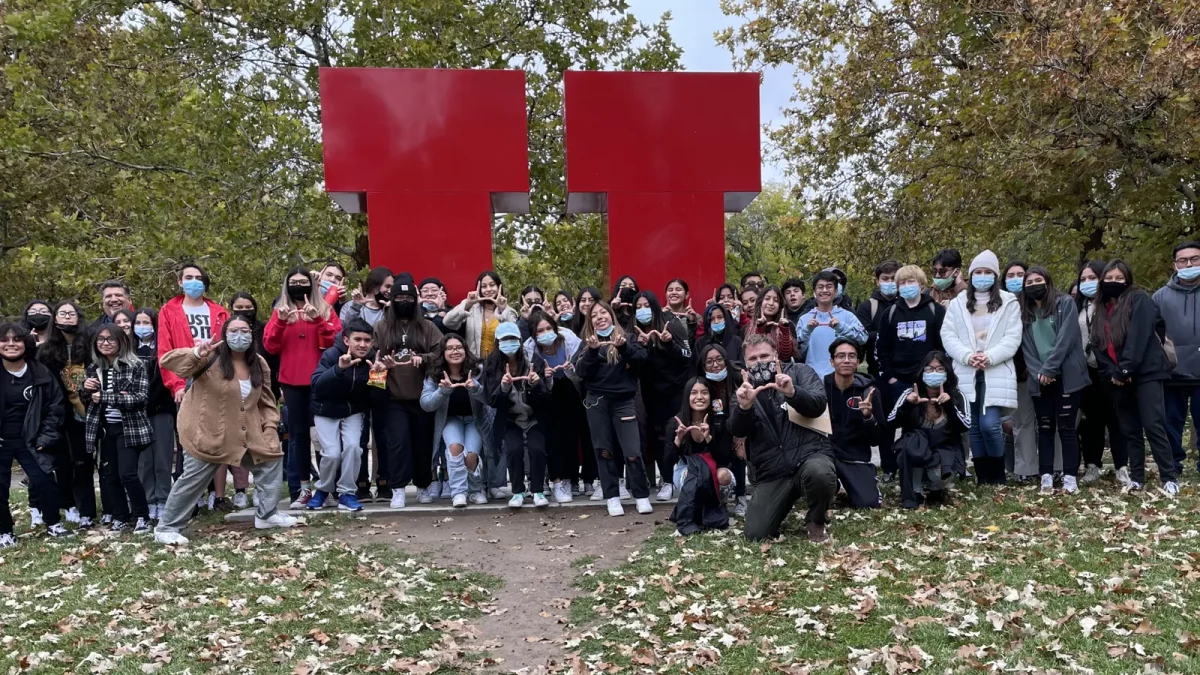
PCHS/PCEF First Generation Task Force via The Bright Futures Program Photo: Park City Education Foundation
PARK CITY, Utah — Among the many programs offered by the Park City Education Foundation is Bright Futures (BF). This program motivates those students who are the first in their families to prepare for, attend, and graduate from college.
College summer internships had many surprise lessons for Bright Futures students Alexis Montalvo, Park City High School (PCHS) Class of 2020, and Jose Hernandez, PCHS ‘23.
Montalvo, a junior and finance major in the University of Utah’s Eccles School of Business, lived in San Francisco to complete a JP Morgan Fellowship.
“I was really nervous when I started , especially as a Latino coming into the company,” Montalvo said in a statement. “But it was pleasantly surprising , I got a feeling instantly that they were welcoming , and willing to be there for you.”
Hernandez, a PCHS senior who wants to become a research physician, interned for 10 weeks at the Huntsman Cancer Institute. And, while his time in Lab focused on the biochemical work of enzymes, metabolism, and proteins, what he really learned was less systematic, and more existential. He calls it “chemistry of the soul”.
“I used to think research was for introverts, like myself, but a scientist doesn’t always look or think the same, in fact, scientists are a lot of different kinds of people,” said Hernandez in a statement.
In San Francisco, Montalvo’s paid fellowship in commercial banking in middle markets & specialized industries, aligned with his analytical interests. His day-to-day activities revealed another surprise.
“I thought it would be focused on soft skills and professional development, but after a few weeks of learning the company culture, values, and people, along with things like how to deal with imposter syndrome, and how to create an elevator pitch, things changed and we were hands on! We had to complete three projects in three weeks, and present them to high level executives,” Montalvo said.
The internship didn’t come without some constructive criticism and lessons; with Montalvo’s first presentation not going as well as he hoped. But it was his soul-deep reaction after the presentation that astonished him.
“I’ve felt like I failed before, but this time I was really emotional. I was embarrassed, and I didn’t want to feel that anymore. It pushed me to do more, and I asked my manager for advice on how to improve,” Montalvo said. “Based on their feedback, I wrote a script with key points. I practiced and kept practicing. Before, I’d do something once and think I was good. But that experience really pushed me to do more.”
Montalvo’s next pitch went more smoothly, but the presentation on his final day of work was an epiphany. He explains how nerve-wracking the last project became. It required deep research on a company where information was not readily available, and he didn’t have access to the company databases. The final then was presented to the professionals.
The feedback was great, and not just on Alexis’ presentation style. He said, “They told me … they could tell I really dug deep.”
For the Bright Futures cohorts, who are first-generation students battling structural income barriers, digging deep is a way of life.
“Bright Futures has taught me so much,” said Hernandez. “Without them, I wouldn’t even know where to start. But, while the BF program does help, it’s really up to you to act.”
It’s because Bright Futures is paving a way for more students that Hernandez says he now knows he wants to become a research physician. He plans to major in Biomedical Engineering as an undergrad.
“For the Bright Futures team, when we get to do something we like in the future, when we get to do something we enjoy,” said Montalvo, “that is what they think of as success. It’s whatever it means for us. The Bright Futures team wants you to succeed – and that alone is something amazing. It makes you want to keep going and reach past your limits and you want to repay that. For now, making sure to graduate from college is my way to repay that.”
“When I started the fellowship, I thought, ‘This is real life, this is something I will do in the long term.’ I was afraid I would be fired or wouldn’t have a real job if I didn’t do well.”
For Hernandez, this summer’s methodical diligence toward the work of his heart has already paid off.
“I learned that there is a place for me in science. I may not always look like a scientist or feel like one but science is a big field and it’s diverse. I have a place in science – and so does anyone who has that passion.”
